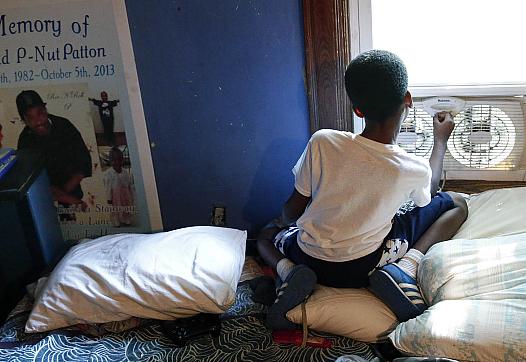
Many of Buffalo’s children spend years battling the consequences of violence and PTSD. School is often the best hope to support them, but the Buffalo district has been slow to act.

Many of Buffalo’s children spend years battling the consequences of violence and PTSD. School is often the best hope to support them, but the Buffalo district has been slow to act.
![[Photo by Scott Lewis via Flickr.]](/sites/default/files/styles/teaser_list_thumbnail_large/public/title_images/photo_166.jpg?itok=KmMgBh3A)
Research shows that working in retirement presents both financial and health advantages. What keeps some people from reaping these benefits and can companies do more to retain older workers?
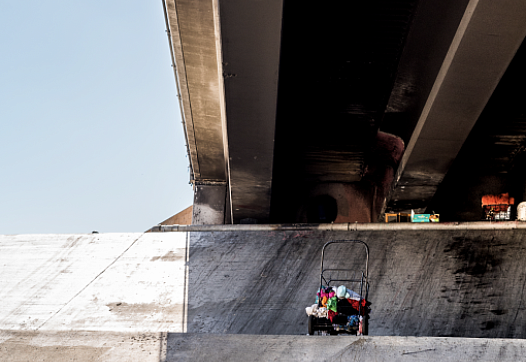
Homelessness is a health crisis, and the clock is ticking. With homeless life expectancy between 42 and 52, and half of the nation's homeless at least 50, it's not surprising that Orange and several other California counties have seen a dramatic rise in homeless deaths in recent years.
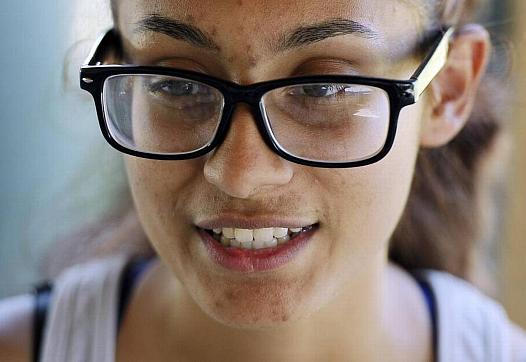
While U.S. teen birth rates have continued to decrease across all races and ethnicities, disparities persist. In 2014, nearly 75 percent of the teen births in Fresno County California were to Hispanic mothers.
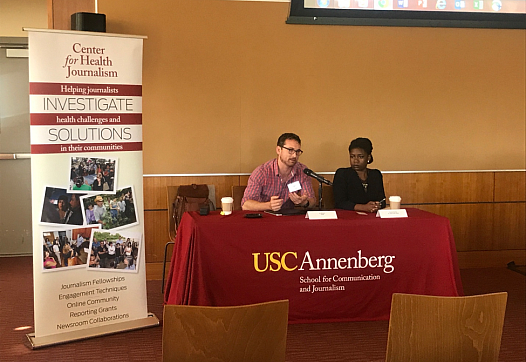
Reporters Kameel Stanley and Ed Williams discuss ethics in journalism, with a focus on communities in crisis. They emphasize how taking the time to understand a community can lead to more compelling reporting.
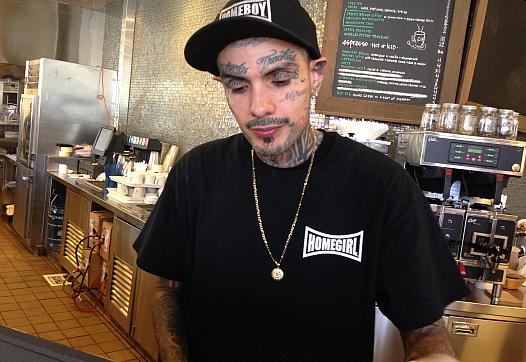
A group of reporters visits L.A.’s Homeboy Industries and learns what second chances mean for young survivors of gang life.
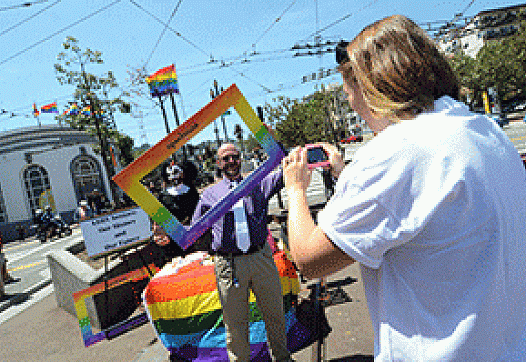
Officials in San Francisco and Sacramento are aiming to make answering questions about sexual orientation and gender identity routine as they begin to collect this data in multiple settings and on government forms.
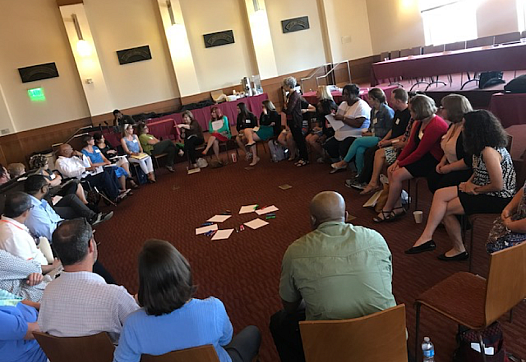
"To what extent do you give a fair voice to the uninformed opinion?" one reporter asked. “But who am I to say that they don’t have a voice? That’s always been a bit of a challenge to me.”
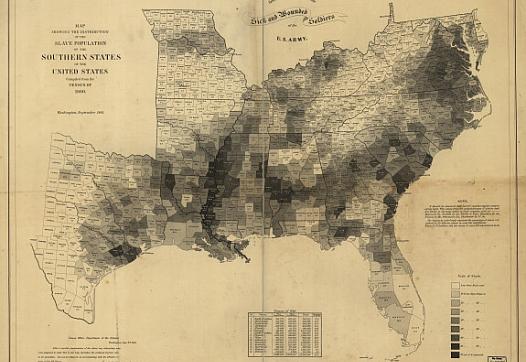
“I was really interested in the question of how slavery and historic institutions play out in health outcomes today,” Anna Barry-Jester of 538 told fellow journalists this week.
![[Photo by lina smith via Flickr.]](/sites/default/files/styles/teaser_list_thumbnail_large/public/title_images/unnamed_122.jpg?itok=C82l_X2F)
“A lot of people think that these were poor African Americans moving out, but they were actually middle-class people, because the poor people had nowhere to go," one Georgetown researchers says of the city's rising number of displaced residents.